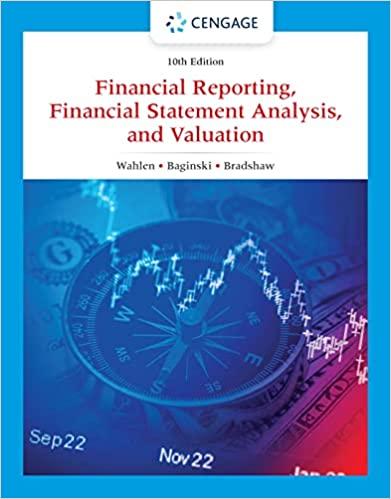Question
Suppose that the index model for stocks A and B is estimated from excess returns with the following results: R A = 3% + 0.7
Suppose that the index model for stocks A and B is estimated from excess returns with the following results:
RA = 3% + 0.7RM + eA
RB = 2% + 1.2RM + eB
M = 20%; R-squareA = 0.20; R-squareB = 0.12
Assume you create a portfolio Q, with investment proportions of 0.50 in a risky portfolio P, 0.30 in the market index, and 0.20 in T-bill. Portfolio P is composed of 60% Stock A and 40% Stock B.
a. What is the standard deviation of portfolio Q? (Calculate using numbers in decimal form, not percentages. Do not round intermediate calculations. Round your answer to 2 decimal places.)
b. What is the beta of portfolio Q? (Do not round intermediate calculations. Round your answer to 2 decimal places.)
c. What is the "firm-specific" risk of portfolio Q? (Calculate using numbers in decimal form, not percentages. Do not round intermediate calculations. Round your answer to 4 decimal places.)
d. What is the covariance between the portfolio and the market index? (Calculate using numbers in decimal form, not percentages. Do not round intermediate calculations. Round your answer to 2 decimal places.)
Step by Step Solution
There are 3 Steps involved in it
Step: 1

Get Instant Access to Expert-Tailored Solutions
See step-by-step solutions with expert insights and AI powered tools for academic success
Step: 2

Step: 3

Ace Your Homework with AI
Get the answers you need in no time with our AI-driven, step-by-step assistance
Get Started


